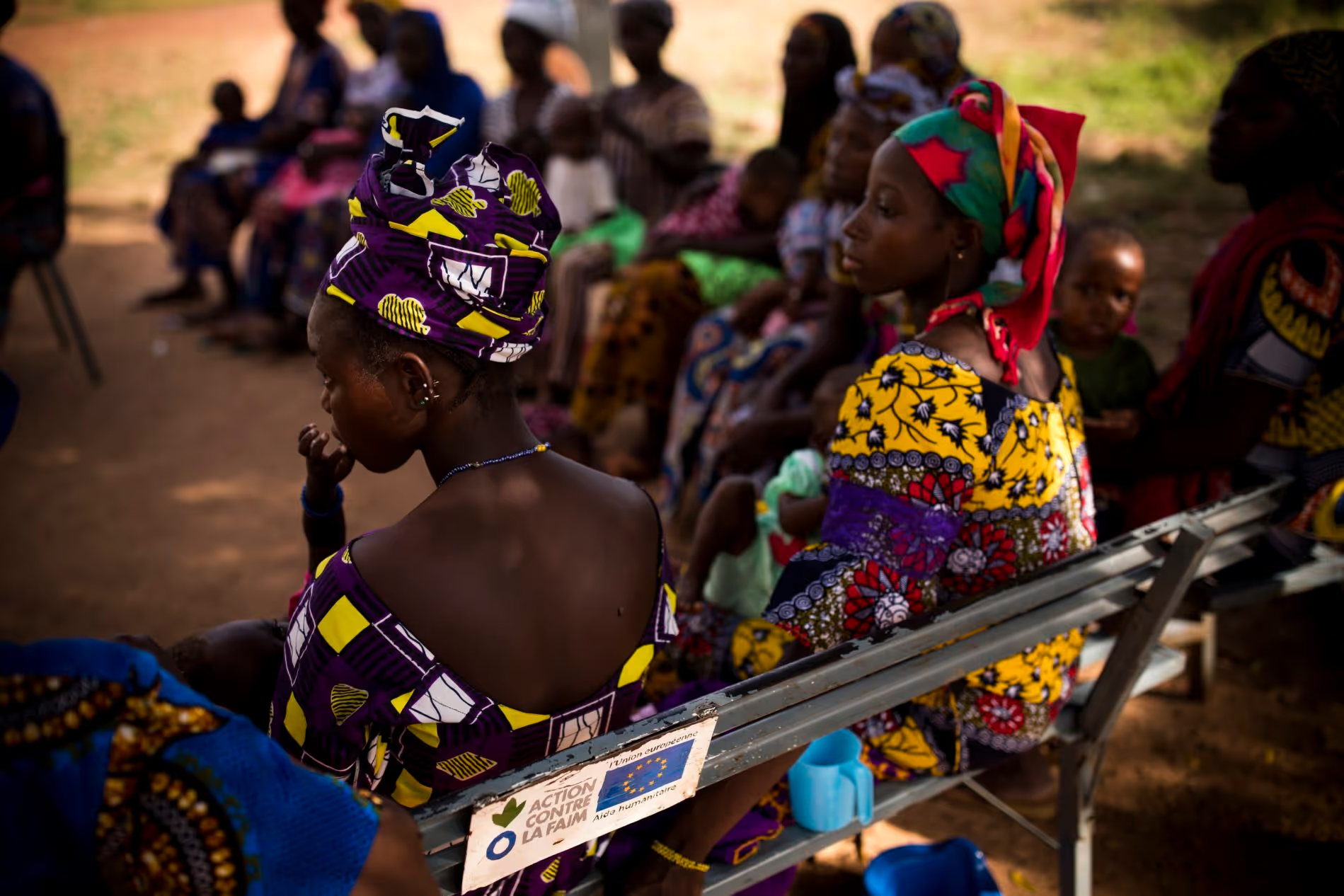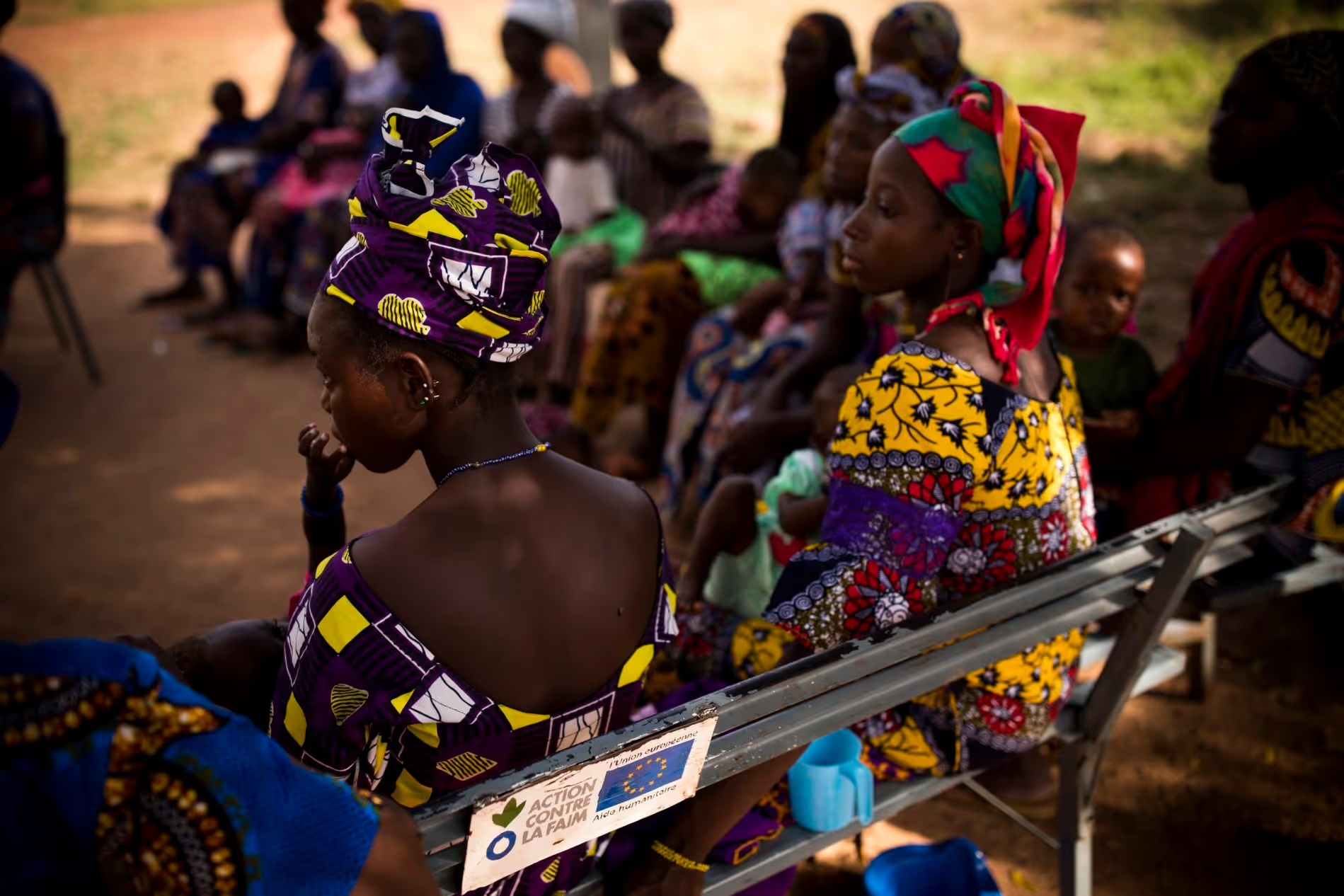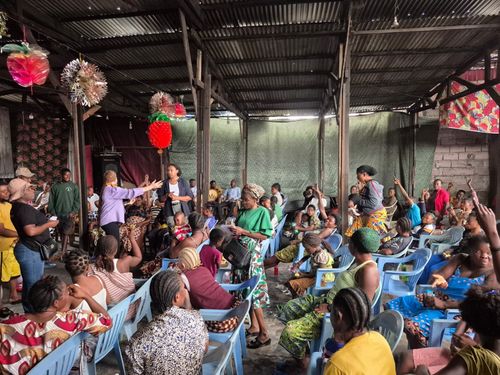Effectiveness, cost-effectiveness, and coverage of severe acute malnutrition (SAM) treatment delivered by Community Health Workers (CHWs) in Mali and Niger

Project overview
This study investigated a modified protocol for treatment of severe acute malnutrition delivered by Community Health Workers (CHWs) and compare it to the current Community Management of Acute malnutrition (CMAM) protocol.
Project solution
This project offers [specific solution or intervention] to tackle [challenge]. By implementing [strategies, tools, or innovations], the project aims to achieve [desired outcomes]. The approach is designed to [specific actions or methods] to bring about meaningful change in [community, region, or issue area].
Expected outcomes
This project aims to achieve [specific outcomes], such as [measurable results, improvements, or changes]. The expected impact includes [benefits to the target community, advancements in research or innovation, or long-term effects]. By the end of the project, we anticipate [specific changes or milestones] that will contribute to [broader goals or objectives].
Principal Investigators: Noemi Lopez-Ejeda, ACF and Saul Guerrero, Independent (co-PI)
Research Snasphot: Simplifying acute malnutrition treatment in emergency settings - Niger
This is the first of two Research Snapshots summarising findings of the research. This snapshot focuses on the study in Niger.
[.cta_link]View[.cta_link]
Research Snasphot: Simplifying acute malnutrition treatment in emergency settings - Mali
This is the second of two Research Snapshots summarising findings of the research. This snapshot focuses on the study in Mali.
[.cta_link]View[.cta_link]
What did the study set out to achieve?
Tackling acute malnutrition is a global humanitarian priority. Two studies in Mali and Niger demonstrated that decentralisation of treatment to health post level, using a simplified-combined protocol, has the potential to increase treatment coverage and decrease costs of acute malnutrition treatment in humanitarian settings.
This research project tested for the first time Community Health Worker (CHW)-led treatment using a simplified-combined protocol in humanitarian settings. A 3-arm non-inferiority RCT was conducted in Gao, Mali, and a non-randomised trial conducted in Diffa, Niger.
What were the findings?
Findings from both locations indicate the approach is effective at treating acute malnutrition, and cost-effective, lowering costs and improving coverage. The use of a simplified- combined protocol could simplify implementation, reducing errors, costs and amounts of ready to use foods (RUFs) required to treat acute malnutrition. These results are relevant for humanitarian actors and governments focused on tackling malnutrition and improved support for community health workers.
What does this mean for practitioners and policymakers?
The involvement of CHWs and decentralisation of acute malnutrition treatment to community health posts (HPs) in remote villages could increase treatment coverage in humanitarian settings while reaching Sphere Standards and maintaining quality of care.
The use of a simplified- combined protocol could simplify implementation, reducing errors, costs and amounts of RUFs required to treat acute malnutrition. Decentralisation of treatment to CHW sites is a cost-effective strategy due to lower costs and impact on treatment coverage.
Including acute malnutrition treatment into the package of activities provided at HPs allows the integration of acute malnutrition treatment with other diseases and ensure the continuum of care when extended to children with moderate acute malnutrition.

Project delivery & updates
Stay up to date with the latest developments from this project. Here, you will find details on what has been delivered, resources created, and regular updates as the project progresses. Access key documents, reports, and other materials to see how the project is making an impact.
Resources
Journal article
LEARN MOREJournal article
LEARN MOREJournal article
LEARN MOREJournal article
LEARN MOREResearch snapshot
LEARN MORE






